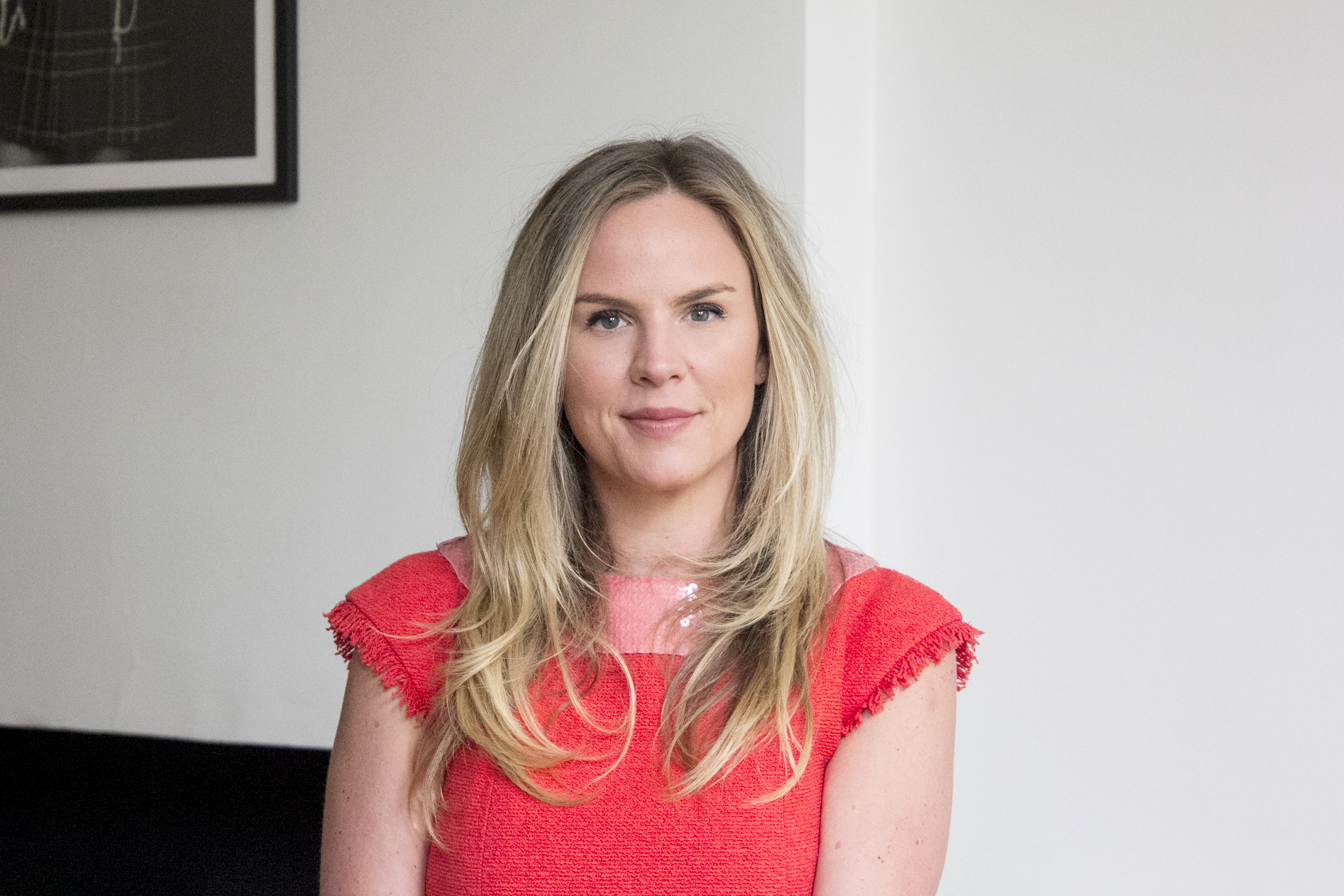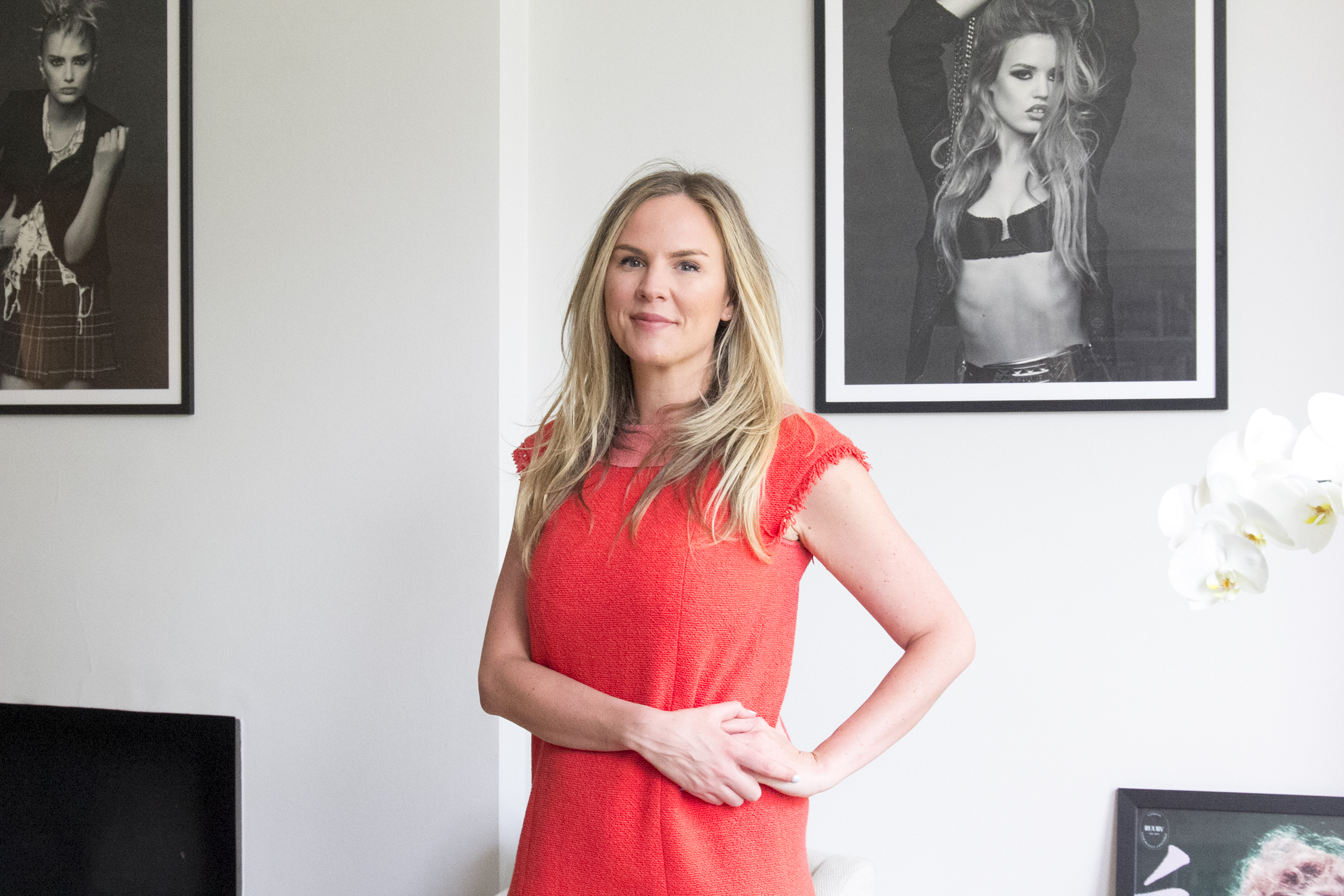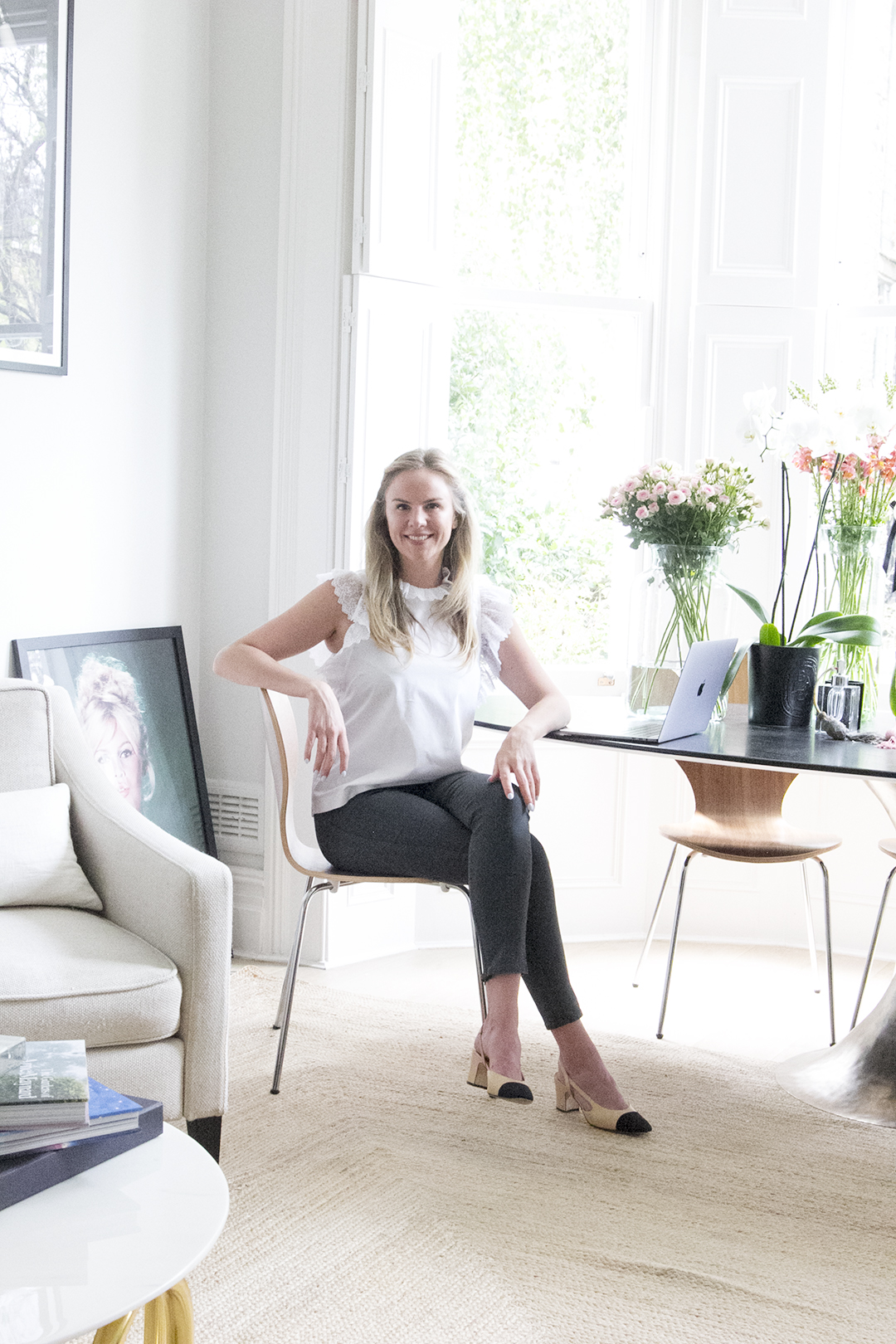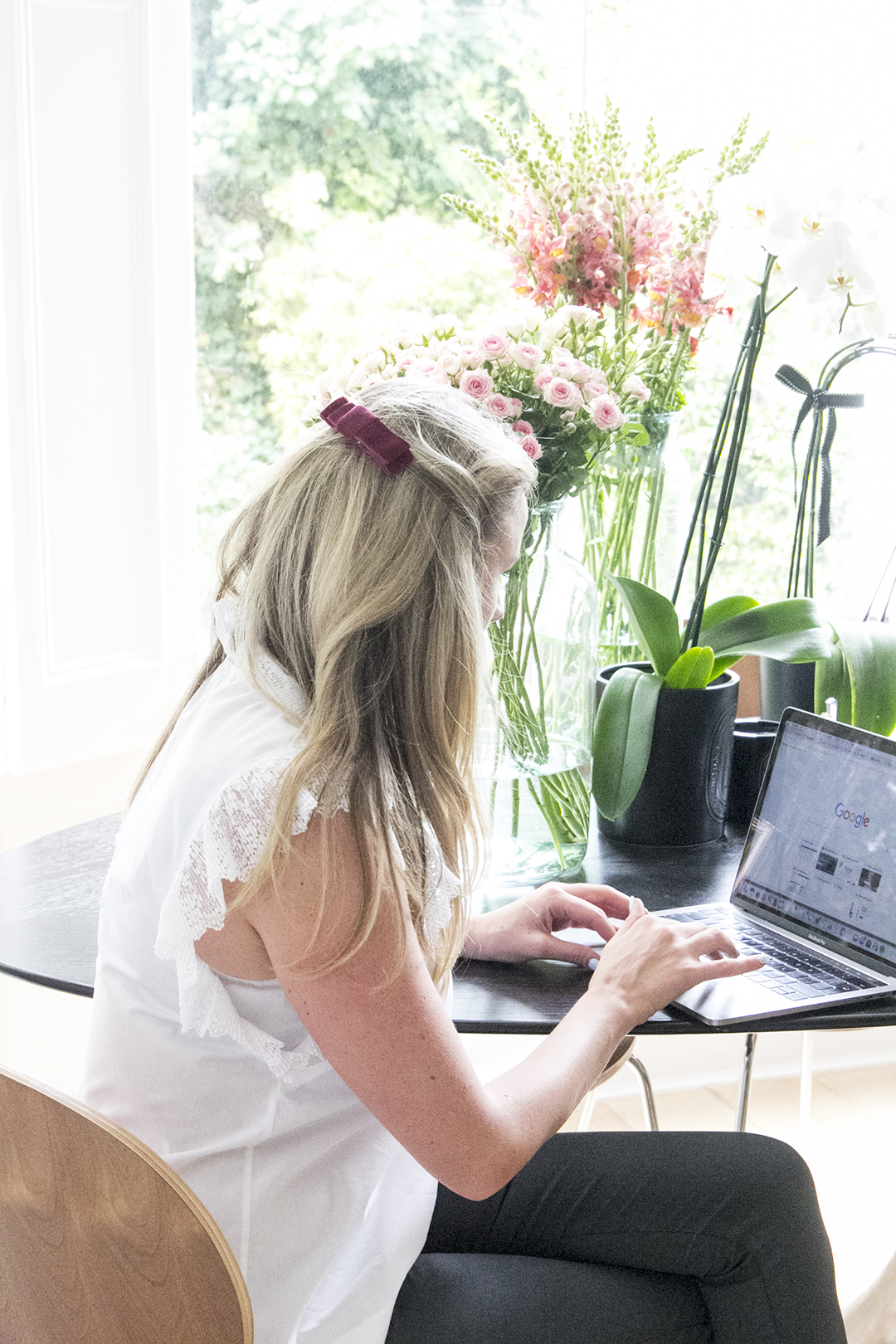It’s no secret that our incredibly fast-paced lives are made a bit simpler with modern technology: we book an Uber, order lunch on Seamless, skip the lines and shop online. And yet, some things cannot be arranged in an instant – like a haircut or a manicure. Or can they?
One super-organized Londoner has figured out how to optimize the beauty industry one appointment at a time. Enter Ruuby. If you’re UK-based, you’re probably already familiar with Venetia Archer’s whip-smart concierge platform that helps clients schedule well, anything they desire, from all-star beauty basics – face, hair, nails- as well as educating them about new trends in the industry. But Ruuby’s takeover was anything but an overnight success. Venetia, who started out as an international analyst, built her brand step-by-step as a side venture until she managed to secure enough funding to make it her full-time gig.
“Sometimes I wish I had been more aggressive earlier – raised more money, been more bullish,” Venetia told us when we caught up, though she admitted the learning process was essential for the development of the brand.
Although she had originally envisioned Ruuby as a platform for arranging appointments, Venetia quickly shifted her strategy to focus on at-home services after honing in on her customers’ needs and browsing patterns.
Though she enjoys the creativity of brand building, Venetia realized early on that the most important aspect of a service company is the customers, who she helps manage the logistics of their daily lives. She doubled-down on web functionality and placed user experience at the top of her priorities.
When we caught up with Venetia, she talked us through raising capital in the early days, knowing when to pivot and how to make tough calls in the short-term to secure big-picture wins.
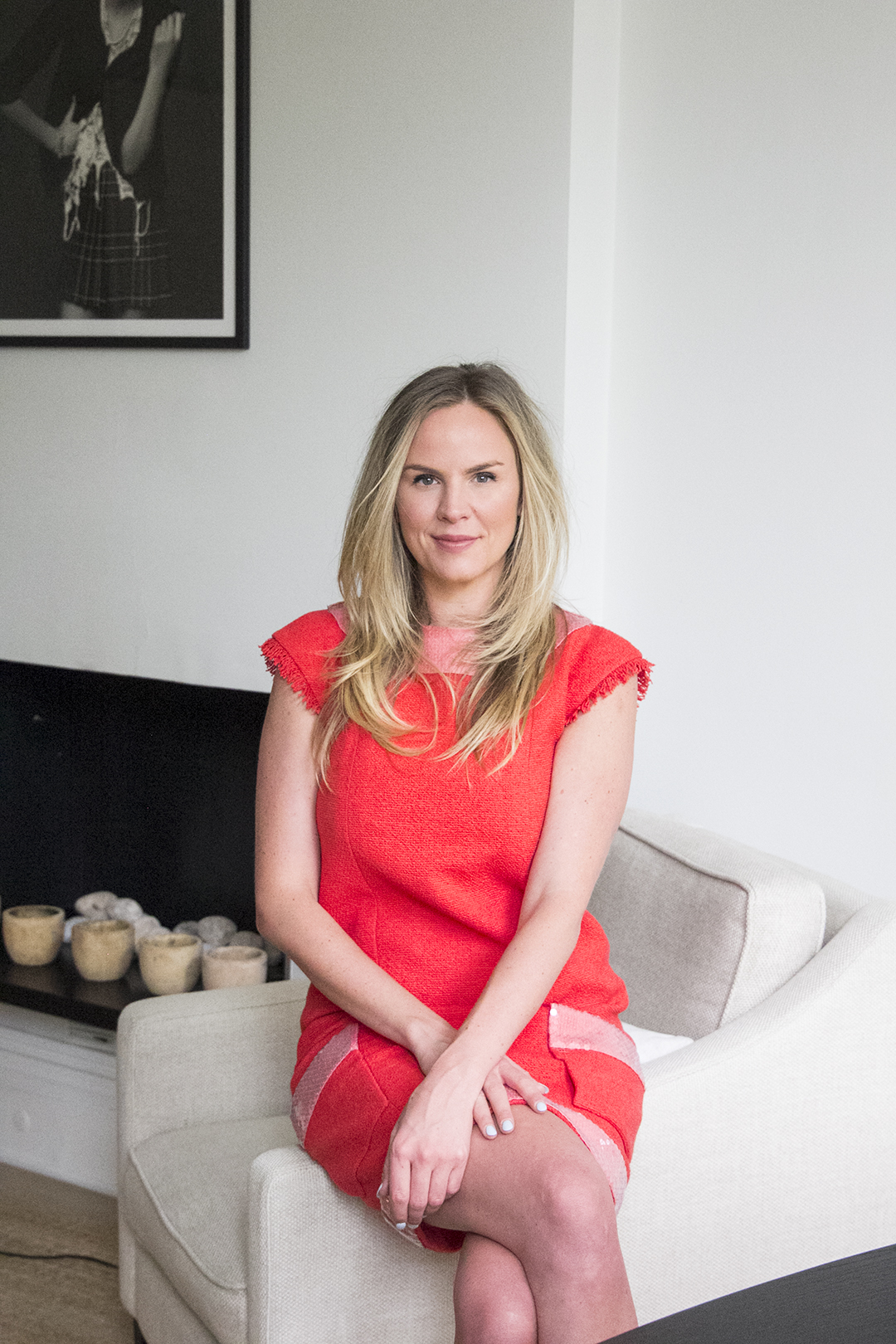 HER TRANSITION FROM GEO POLITICAL ANALYST TO ENTREPRENEUR
HER TRANSITION FROM GEO POLITICAL ANALYST TO ENTREPRENEUR
I studied international relations at university and ended up going straight into work as an analyst when I graduated. I loved what I did – I ended up focusing on Somali piracy at its height in 2012. It was a fascinating time, and I ended up moving to Nairobi for a while to get closer to the action.
When I returned to London, Uber and Deliveroo were completely re-modelling the way we lived our lives, and I was an early adopter. I lived a busy life, and the novelty around the convenience factor didn’t wear off. I started to think of other industries that might benefit from such technology, and it was clear to me that beauty services had been left behind.
I come from a family of entrepreneurs, and so working as part of a larger organisation that I didn’t feel wholly invested in wasn’t as fulfilling as I’d have liked. I always felt like I was playing a part.
Working in Nairobi was slightly different – it gave me a taste of managing my own professional agenda, and as a result when I returned to “normal” work, it led me to think about what I could do on my own. I love the idea of creating something from scratch, and despite the challenges and uncertainty, I don’t think I could live any other way.
I had to manage my time as efficiently as possible. Moving from political analysis to a tech start-up was a big jump, and I had a lot to learn so I consulted for a while, and built out the business plan and prototype on the side (I engaged a small team of offshore developers who created our first build and back end technology). Only once I raised money did I begin to work on Ruuby full time, and by that time things were moving quite quickly.
THE FUND-RAISING JOURNEY
I began with a Virgin Loan, which allowed me to fund the first build, and get us to launch. This was a good way to start, as I needed a rigorous business plan, and had to defend the concept in its entirety. The rigor is something that I have had to continue to cultivate as the goalposts have moved as the business has grown.
I subsequently raised from a number of angel investors once the app had gone live. It was possibly the most challenging round, as Ruuby wasn’t yet “real”. I had to sell the vision. That said, those that came in on that round are my biggest supporters, and have been an invaluable asset to Ruuby, as they took the time to advise and teach me many of the things I had no idea about.
Sometimes I wish I had been more aggressive earlier by raising more money and been more bullish. But on the other hand, I think I did need that time to learn and build experience. I have learned that lesson now, though, and having built up the experiences I have, I try to be as ambitious as possible with every decision I make.
ITERATING ON THE CONCEPT
When we first launched, we focused on facilitating salon appointments but now we’re mainly focused on home appointments because that’s what our customers were asking for. In our first year, the number of bookings for at home services just sky rocketed. We saw an opportunity to really own both the service, and the technology here, and so jumped on it.
I am always speaking with our customers. I have friends who use the service, we conduct interviews and we also invite random clients into the office to tell us of their experiences. We are still a start-up, and one of our core messages is that we “treat all clients like gold”. I was given that advice in the early days, and we stick to it.
Making changes can be quite hard, and I definitely get emotionally attached to elements of the business. But in the end, you also become wedded to the numbers – those growth figures are appealing, and if it means a stronger business, sometimes it has to happen. I’m still sad to have had to say goodbye to the salons, but c’est la vie — it’s an amazing business model there for anyone else who wants to take it.
Our business model is now more profitable, more easily managed, and also presents much more opportunity in terms of creating a bespoke technology solution.
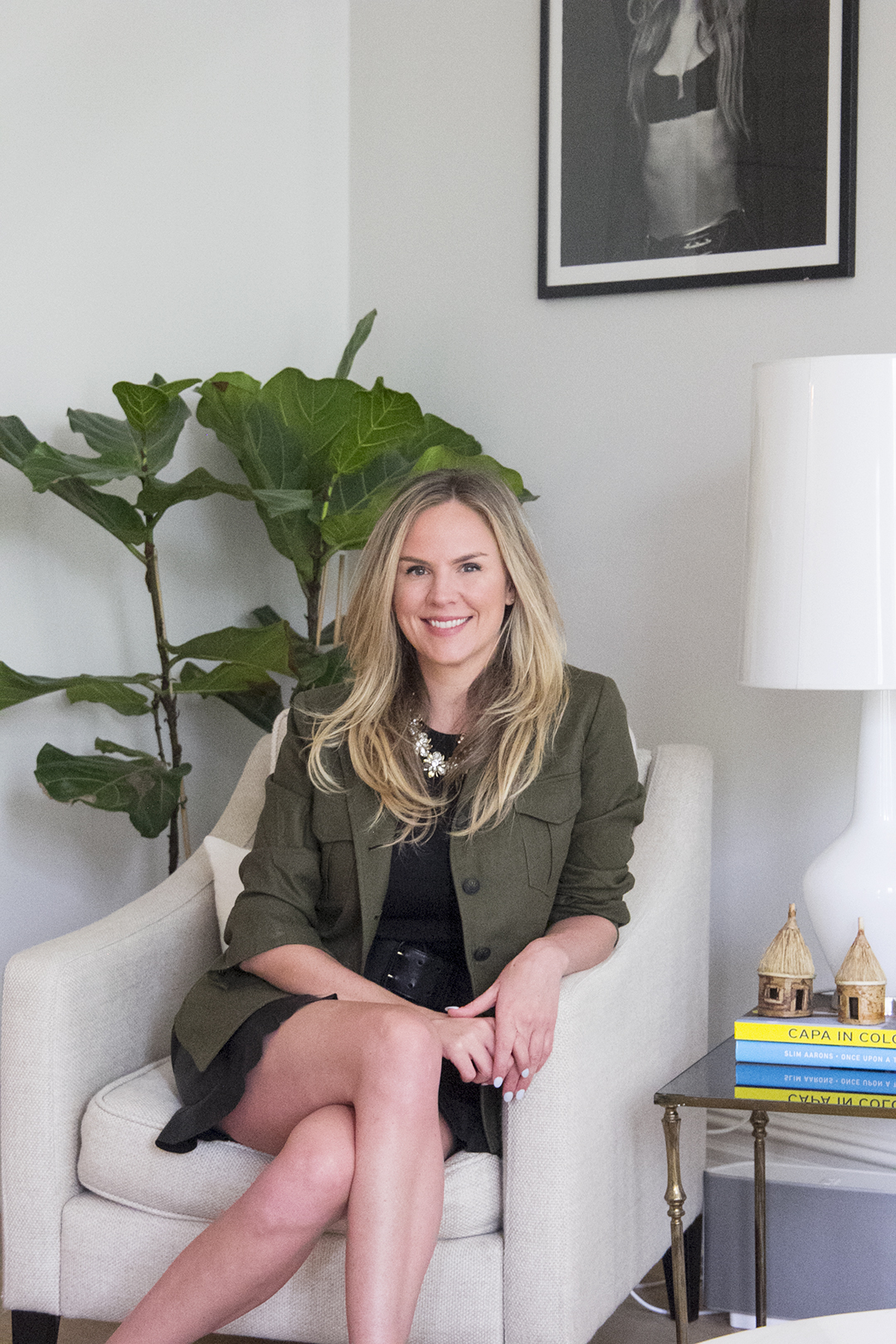 BALANCING INVESTING FOR THE LONG-TERM & SECURING QUICK WINS
BALANCING INVESTING FOR THE LONG-TERM & SECURING QUICK WINS
It’s the age old question, and it really isn’t simple. We had a slow year last year, because we had to invest heavily in tech. We completely rebuilt our platform, which was hugely time consuming, and didn’t deliver immediate returns.
Given our limited budget, we had to hustle when it came to marketing, and essentially spent zero. The way that it worked for us was communication. I told all of my investors what we were doing and what to expect. I promised growth from February. Then in February, our platform was ready. It worked so much better, and we began to grow. I guess the short answer is think big picture. We need to build businesses that will last, and as a result sometimes we need to make those hard decisions that might seem counter intuitive when your eyes are always turning to the bottom line.
CUSTOMER ACQUISITION
We don’t simply offer the service, we educate our clients on everything we are learning, and we offer it – whether its vitamin drips or laser facials… We talk to the women who use our app, and tell their stories to our clients. We do more than just manicures.
We have tried it all, and the lesson I have learnt is that no one strategy works. If it worked before, you have to continuously tweak it so it doesn’t run stale.
The tube campaign was a great success, and really helped legitimize our brand and build the word across London. We also do much online – we work with influencers on Instagram, we spend a fortune on Google Adwords, and we do events. All are beneficial in their own ways…
We’ve had to test budgets a bit – we trial new initiatives, analyze the return, and then decide if we should do it again. It requires strict management, and it’s very easy to waste money. We now have a set budget, and we assign accordingly. This took trial and error though, and there is no set rule.
HOW BEING A LOW MARGIN, VOLUME-BASED BUSINESS AFFECTS THEIR ABILITY TO GROW:
We are always looking to expand. We have a hiring strategy, and its linked to our volumes. If we don’t increase our bookings, our team doesn’t grow. As a result, it pushes us to do better, as sometimes we are all too overworked. When we bring in someone new, it makes all the difference.
Big hires are great, and offer a strong support base. It’s important to be able to trust your team. My investors have also helped consistently, whether it’s through introductions or through a simple education of company admin, which is definitely not my favorite element of the entrepreneurial life…
THE BIGGEST CHALLENGE SHE’S FACING RIGHT NOW
Uber has made us VERY demanding, and we expect everything immediately, but unfortunately beauty doesn’t work like that (yet!). There just aren’t beauticians walking on every road waiting for an appointment. We have to be smart in our scheduling, and it really is a logistics platform.
Head to Ruuby and use code LIFESTYLEEDIT to get 15% your booking.

